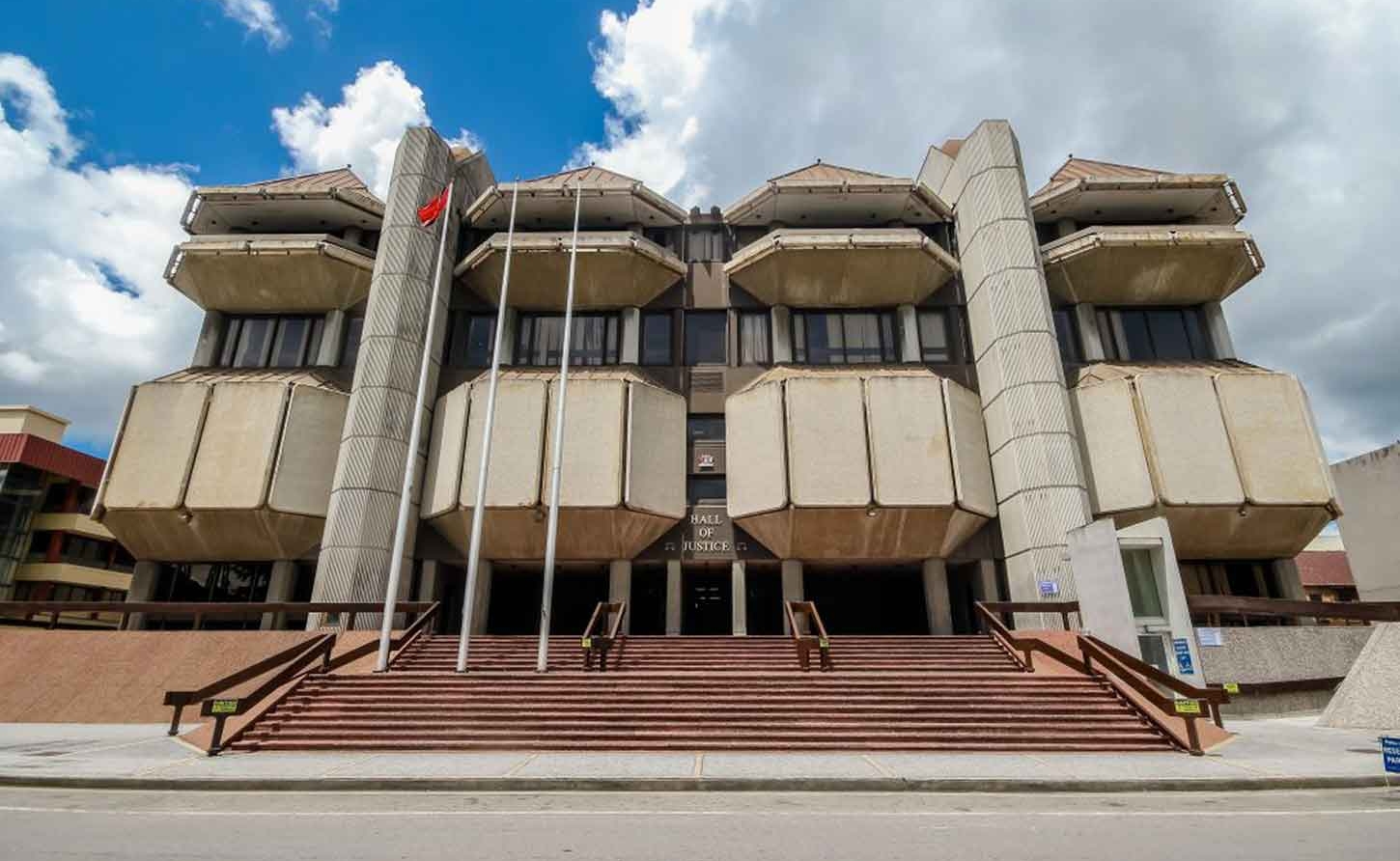TRINIDAD | T&T High Court Restores JPs' Power to Grant Bail, Condemns "Subhuman" Detention Conditions

PORT OF SPAIN, Trinidad and Tobago, October 16, 2025 - Trinidad and Tobago's High Court has struck down a government policy that stripped Justices of the Peace of their power to grant bail, ruling the measure unconstitutional and awarding significant damages to a man who spent nearly 57 hours in what the judge described as "subhuman" police cell conditions.
Justice Carol Gobin delivered her ruling on October 15, declaring that Section 10 of the Administration of Justice (Indictable Proceedings) Act, 2011 (AJIPA) never removed JPs' long-standing authority to grant station bail for indictable offences. The policy that prevented JPs from exercising this power was "null, void and illegal," she ruled.
The case centered on Joel Alexander, arrested in Arima on June 17, 2024, on charges of obscene language and resisting arrest. Despite police willingness to grant bail, a Justice of the Peace refused based on government instructions that JPs could no longer do so for indictable charges. Delays and a public holiday kept Alexander locked up until June 20.
Justice Gobin's judgment painted a damning picture of the consequences of the government's misinterpretation of the law. "Under the AJIPA, we are normalizing packing human beings in unsuitable cells, unwashed, defecating in each other's presence sometimes in a hole in the ground in a cell or in non-functioning toilets, and feeding them in the same space, all in the name of improving the administration of justice," she wrote.
The judge emphasized that the policy systematically consigned citizens charged with indictable offences to overnight detention in police stations never designed to hold such numbers. "This is illegal. It disregards the foremost constitutional rights to liberty of the subject and the presumption of innocence," she ruled, adding that the situation worsens dramatically on weekends and long weekends.
The court awarded Alexander $140,000 in damages and ordered the state to pay 75 percent of his legal costs. Justice Gobin directed immediate restoration of JP bail powers, affirmed under both common law and the Bail Act.
"Access to a JP was a longstanding procedural provision which was an important feature of the protection of the law," the judge stated, warning against "insidious encroachments" on liberty rights.
Alexander was represented by attorneys Lee Merry SC, Jens-Ulrich Poppen and Larry Boyer. The state's legal team included Raquel Le Blanc, Stefan Jaikaran, Nikita Ali and Adana Hosang.
The ruling comes just days after the House of Representatives approved amendments to AJIPA on October 10, authorizing JPs to issue warrants for indictable offences—a move that now appears vindicated by the High Court's interpretation.
"The Executive must always be held accountable for infringements of the rights and freedoms of our citizens," Justice Gobin declared, setting a precedent that could reshape how Trinidad and Tobago balances crime fighting with constitutional protections.
—30—
